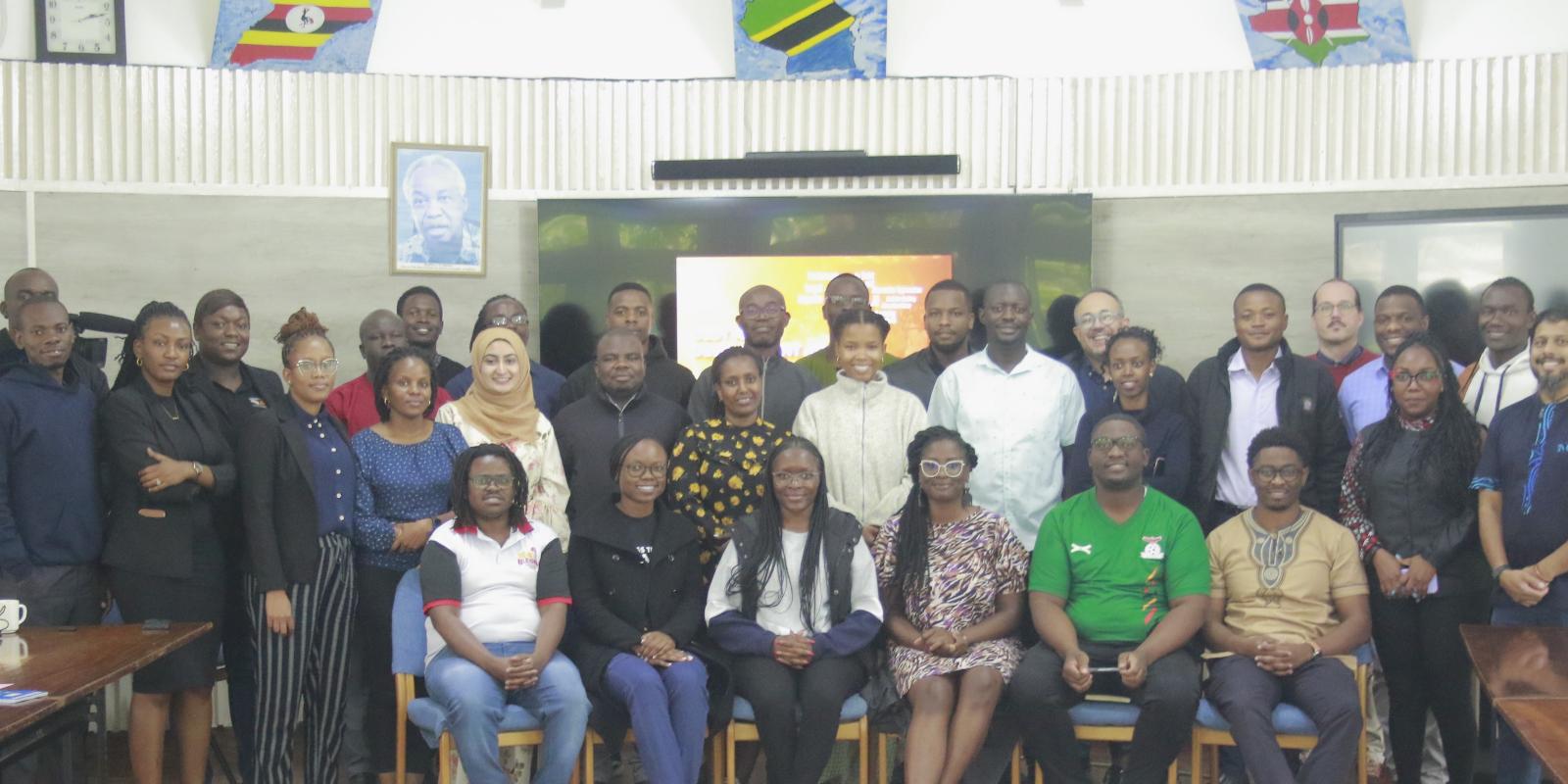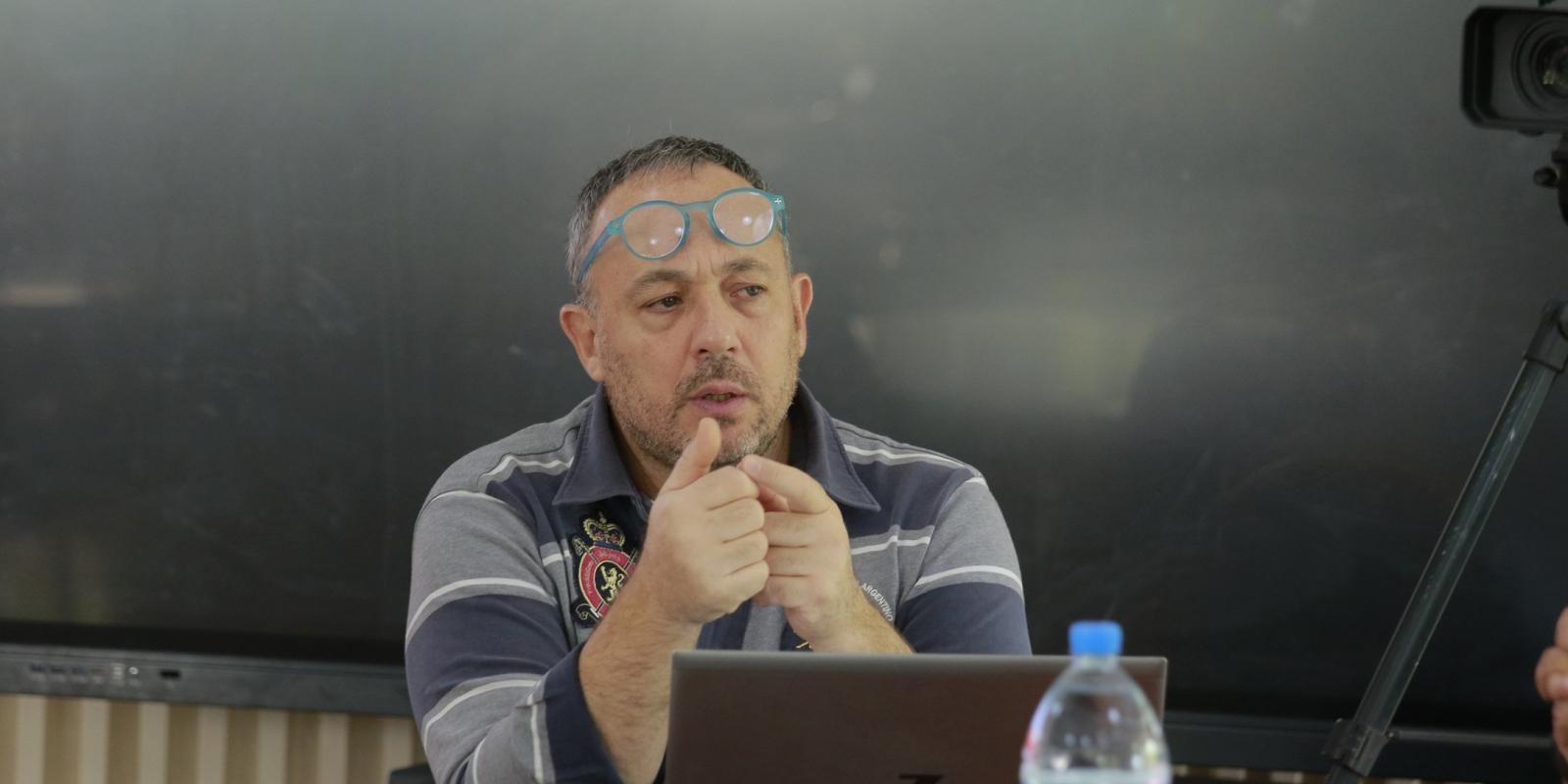
SID at the Inaugural 2023 Debt and Development Academy (DaDA)
The Society for International Development co-convened and participated in the inaugural Debt and Development Academy (DaDA), held on 2-4 October 2023 in Arusha, Tanzania, cohosted by the Pan African Lawyers Union (PALU) and the African Forum and Network on Debt and Development (AFRODAD), alongside with several other partners.
The Debt and Development Academy, DaDA, was mooted as a successor to the Summer School that ran to the end of 2021, alongside Regional Dialogue on Illicit Financial Flows, organized by the AFRODAD and partners. The Summer School offered capacity building to various stakeholders that included civil society, faith leaders, academia, the media, etc. However, there was a need to center the mission of AFRODAD of contributing to Africa’s inclusive economic growth and sustainable development through influencing policy change on debt management and development finance anchored on rights-based approaches, at the core of the initiative. Thus, the establishment of DaDA, guided by AFRODAD’s values of Pan-Africanism and solidarity inspired by our common struggles as Africans.

As co-conveners, our global Managing Director, Stefano Prato, co-facilitated a session on Global Processes and the Political Economy of Debt, engaging participants in exploring the systemic determinants of the rapid debt accumulation witnessed over the years, providing an analysis of the causes and evolution of public debt and the deeply rooted challenges of the political economy of debt in Africa and the global South in the context of the patterns, division of labour and governance of the wider global economy. The session also exposed opportunities for systemic governance reforms in the context of the UN Financing for Development (FfD) process in order to shift decision making away from developed countries, and creditor centred, institutions in favour of a democratic process at the United Nations.
Other sessions facilitated by other co-conveners, focused on debt, tax, trade nexus; the influencing institutions; legislative and legal aspects of debt, and debt management; alternative approaches and coalition building on and around debt.
Overall, the Debt and Development Academy, sought to offer increased capacity and collective understanding of Debt and Development Financing, linking debt to domestic resource mobilization, illicit financial flows, macroeconomics, gender equality, climate change, natural resource governance, official development assistance, and foreign direct investment.
